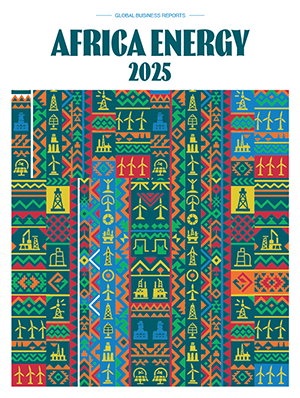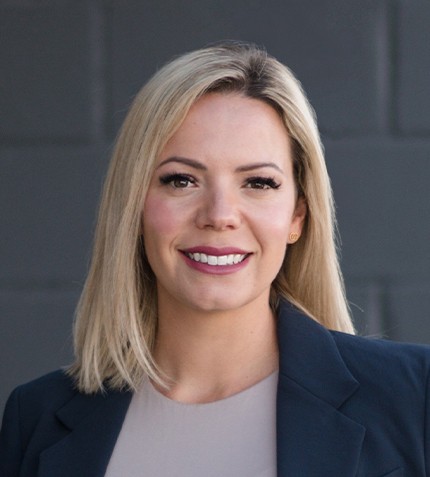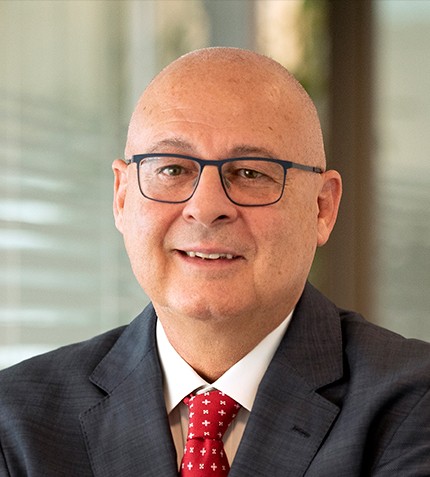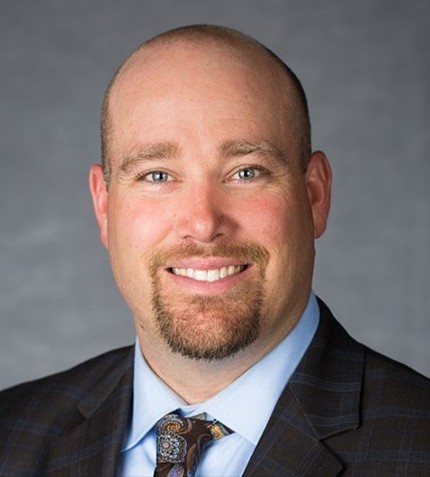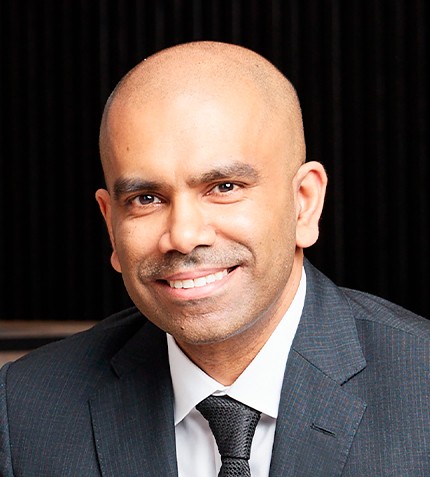
"Growth through acquisition remains our primary strategy, and we are strengthening our internal capabilities to ensure we compete effectively in upcoming transactions."
RELATED PUBLICATION
ARTICLES FROM THIS PUBLICATION
Ulanga Gaspar Martins and Tchitalene de Almeida
CHAIRMAN AND CEO (UM) AND EXECUTIVE DIRECTOR (TA), POLIEDRO
What challenges do you face in becoming an oil operator?
UM: The main challenges are both financial and technical. Compared to three years ago, when discussions about the end of the oil industry were common, the landscape changed dramatically. Today, there is considerable appetite for investment from various sources, including trading companies increasingly active in financing acquisitions. We have seen this trend in Angola, as demonstrated by should be 'Etu's acquisition of Galp Energia's assets, which involved a major trading house, Shell Trading. A similar pattern has been seen in Nigeria as well. While funding is available, it has become more expensive. The technical side is more complex, as we must recruit and retain highly skilled professionals and offer competitive packages to maintain operational excellence when the majors exit.
TA: When mature fields change ownership, the existing operational teams typically remain in place, simplifying the transition. While a few specialized experts may need to be replaced, the core workforce is already familiar with the assets. Additionally, the local market still offers access to experienced specialists, including many displaced due to restructuring by major companies during COVID-19. Some of these professionals moved to other sectors but remain available and can return to the oil industry as new opportunities arise.
What is your vision for the mining side of the business?
UM: We are restructuring the company to create distinct subsidiaries for each sector, including mining. When Poliedro was founded, the shareholders began diversifying early by investing in mining, specifically in a diamond project still in the prospecting phase. Today, our focus is shifting toward critical minerals, particularly those that have applications in the agriculture sector. We prioritize assets such as phosphates and limestone, which are essential for mining development and the broader growth of Angola's agricultural industry.
How does your logistics business tie in with mining and oil and gas?
UM: Logistics is a critical pillar that cuts across all sectors we operate. Both mining and oil and gas are extractive industries, and the question is how to reinvest revenues from these sectors to create sustainable economic value. We see logistics as a transformational sector that can support oil, mining, and agriculture. Our strategy is to acquire a major logistics operator and develop it to strengthen local value chains, especially in agriculture. Angola's geographic location offers a strategic advantage, positioned between South Africa — the region's industrial hub — and the Democratic Republic of Congo — the most significant emerging consumer market. We aim to facilitate trade between these two markets by building a robust logistics platform.
Can you discuss Angola’s parallel regulatory framework for oil and gas and mining?
UM: In Angola, the oil and mining sectors share a combined regulatory framework, which is unusual compared to many other countries where oil is usually linked to the broader energy sector. The oil industry, shaped by the involvement of international companies, has a more established and mature framework. The mining sector was historically centered around diamonds, managed by state-owned companies like Endiama and Sodiam. The landscape is evolving today, with government agencies increasingly taking the lead. This shift mirrors the transformation in the oil sector, where state-owned Sonangol transitioned from regulator to operator, allowing for more private-sector participation.
TA: The synergies between oil and mining are apparent, particularly regarding infrastructure. Mining companies have a long experience developing local infrastructure, which is becoming increasingly relevant for oil companies as new onshore blocks are awarded. Unlike offshore oil operations, onshore developments require closer engagement with local authorities and communities, an area where mining companies have set important precedents.
What are Poliedro’s objectives for the next 12 months?
TA: Over the next twelve months, our priority is to expand Poliedro's footprint in the upstream oil sector. We are actively pursuing several opportunities, including Block 14 and others under bidding. Our current production quota from Block 2 stands at approximately 2,000 bpd, and our goal is to increase this to around 15,000 bpd within the next three years. Growth through acquisition remains our primary strategy, and we are strengthening our internal capabilities to ensure we compete effectively in upcoming transactions.




